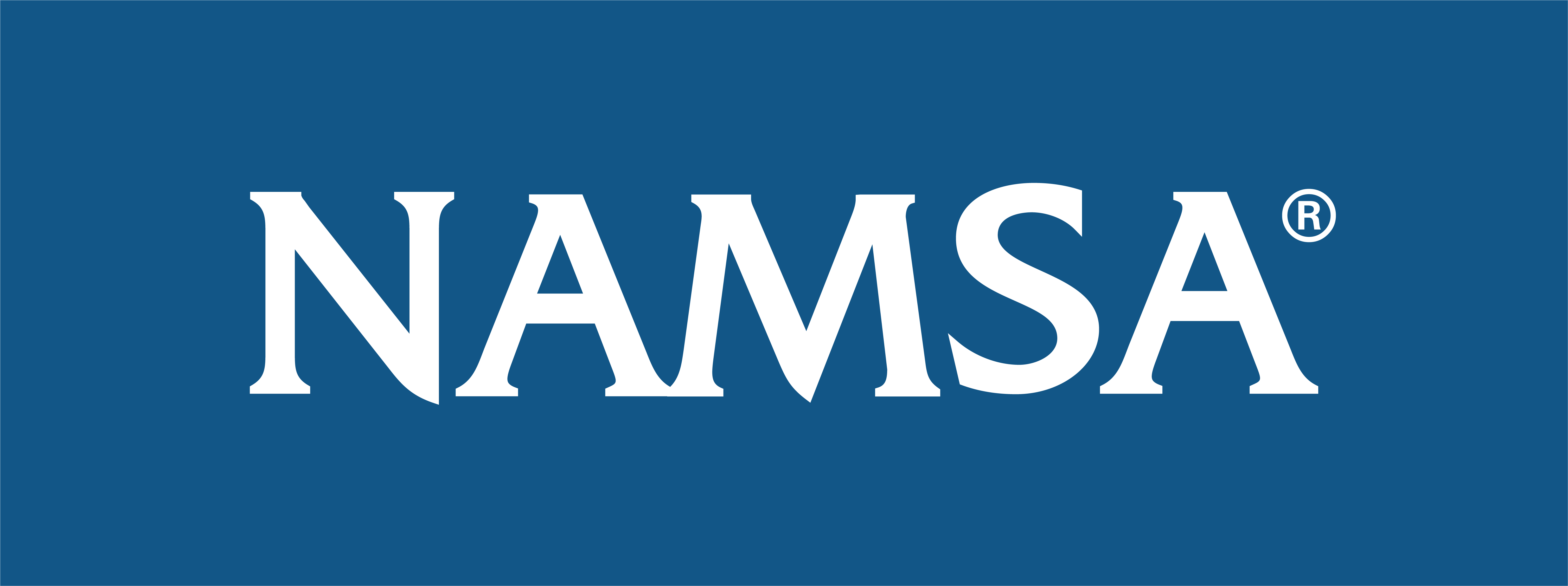On 7 March, the UK Medicines and Healthcare Products Regulatory Agency (MHRA) published the minutes of their Advisory Group, recommending ten (10) specific proposals to related to the below listed categories.
The Advisory Group, established in December 2022, is focused on providing proposals to the UK Government in three priority areas:
- International Recognition
The aim of this group is to provide innovative and transformative products to UK patients safely and quickly. The group also seeks to confirm that there needs to be a system of proportionate regulation which considers and—where appropriate—recognises the decisions of other trusted regulators.
- Routes for Innovation
The aim of this group is to ensure early engagement with innovators of novel products. This will build on the work in progress to support innovation, including the current progress made on the Innovative Devices Access Pathway and the Artificial Intelligence (AI) Airlock.
- System Capacity
The aim of this group is to ensure sufficient regulatory expertise to support HealthTech through the regulatory process.
ADVISORY GROUP PROPOSALS
a) International Recognition
Three (3) of the Advisory Group proposals are related to International Recognition:
1) Building on current product recognition routes from the EU, rapidly explore building a UK product regulation equivalence route for the approvals of medical devices to include other trusted jurisdictions, such as the US, for a greater proportion of products.
2) Explore greater flexibility over the requirements for physical UKCA markings on parts, instructions and labels before products can be marketed in the UK. Make greater use of registration and traceability mechanisms to ensure patient safety.
3) The MHRA has already announced its intention to expand recognition for medicines and create a new recognition framework by the end of 2023. If possible, aim to align changes to the Medical Devices Legislation to the Medicines legislative timeline.
b) Routes for Innovation
Five (5) of the proposals recommended by the Advisory Group are related to Routes for Innovation:
4) Consider expanding the role of the MHRA in the direct regulation of HealthTech, focusing initially on innovation.
5) The MHRA and other health system partners must access a robust international horizon scanning capability to seek innovation proactively. Work will be done with health system partners, academia and industry to identify relevant horizon-scanning capabilities.
6) Develop a model for expanded bespoke premarket regulatory advice for novel/innovative products.
7) Expand the use of Real-World Data to transform clinical investigations and performance studies by enabling earlier access when planned with proportionate post-market surveillance.
8) Develop performance metrics to support and uptake HealthTech innovation in the UK.
c) System Capacity
Two (2) of the proposals recommended by the Advisory Group are related to System Capacity:
9) Explore delivering a UK HealthTech Regulatory skills programme.
10) Investigate investing in delivering a UK network of Centres of Excellence in Regulatory Science and Innovation (CERSIs).
Conclusions
In reviewing the Advisory Group proposals, perhaps the most interesting is #1. This proposal recommends ensuring the supply of medical devices into the UK market is done via expanded recognition (i.e., U.S. approvals) and removing burden where possible.
U.S. approvals are mentioned explicitly in the communication, indicating that the UK is seriously considering using FDA approvals for entry into the UK market. This would constitute a significant break with existing requirements, which are based on EU CE approvals. This could potentially allow a significant number of devices that are only available in the U.S. market into the UK market, or at least earlier access to the UK market, ahead of other European markets.
This recommendation is similar to the Swiss proposal, where on 28 November 2022, the Swiss Parliament reached a key decision by instructing the Swiss Federal Council to adopt national laws to enable Switzerland to accept medical devices with FDA approval.
Future Work
The above proposals are significant and require further detailed policy development and impact assessment. In addition, the MHRA has confirmed that it will further develop and publish a roadmap, setting out the regulatory infrastructure required to drive innovation and ensure patient safety.
A Phase II Advisory Group with a focussed ‘Terms of Reference’ will be set up to ensure momentum is maintained and the assessment needed aligns is carried out and completed by the end of April 2023.
How Can NAMSA Help?
NAMSA is the industry leader in driving successful regulatory outcomes through effective interactions with the EU Commission and Notified Bodies. Our internal teams of medical device and IVD development experts communicate with EU entities nearly every day and are the most experienced in industry at accelerating regulatory submissions and approvals for manufacturers. In fact, many of our Associates have previously held positions within these organizations, which provides Clients the benefit of a clearer understanding on how to proactively plan for international requirements and expectations.
To learn about NAMSA’s full suite of Regulatory and Quality services and solutions, including MDR and IVDR compliance planning, please visit: https://namsa.com/services/regulatory-and-quality-consulting/.
Or, if you are interested in meeting with one of our regulatory experts, please visit: https://namsa.com/namsa-expertise/subject-matter-experts/.
Kevin Butcher
Kevin Butcher is an experienced Senior Manager with extensive knowledge of medical device regulatory requirements, including Product Technical Files and QMS 3rd Party auditing. Mr. Butcher possesses 18 years of Notified Body experience, latterly as Certification Manager for SGS United Kingdom. Kevin joined the medical device consulting team at NAMSA in January 2021 and currently serves as a Principal Regulatory Consultant.
